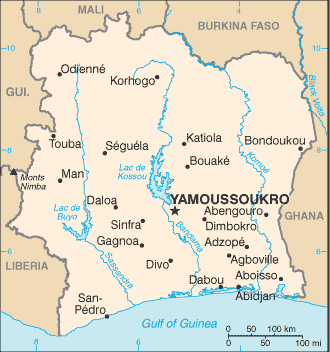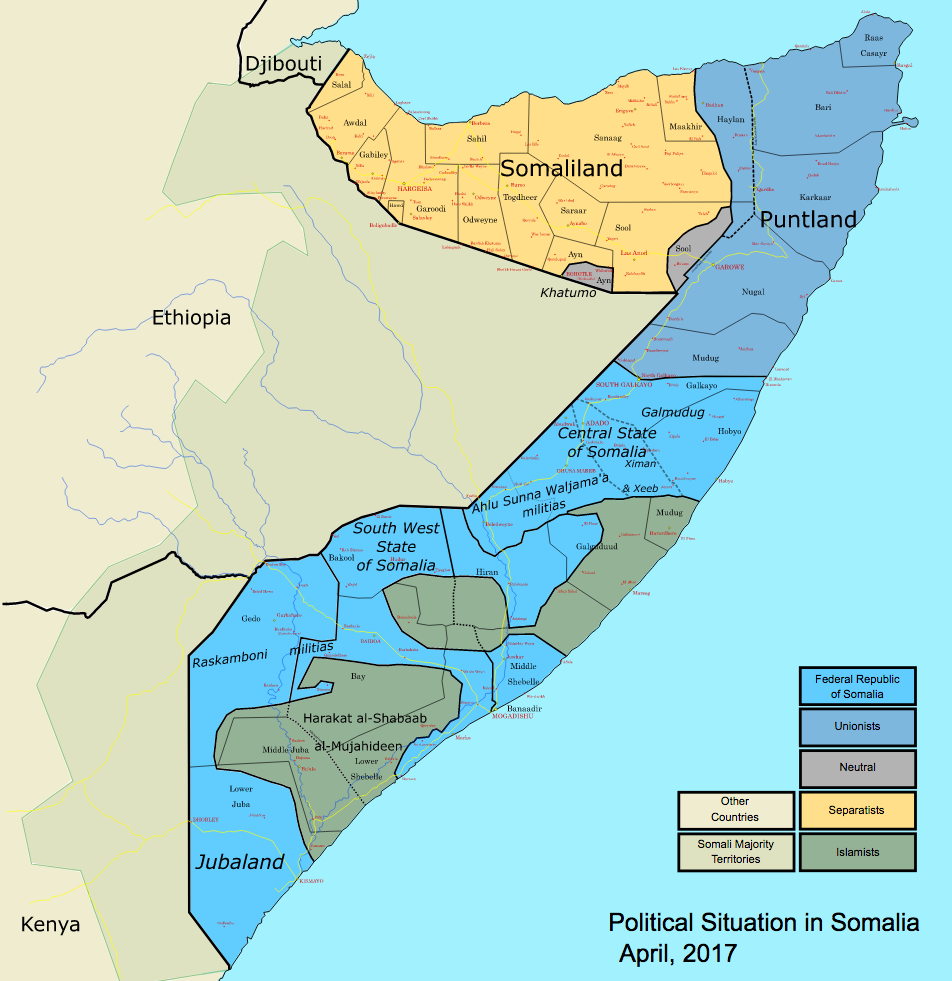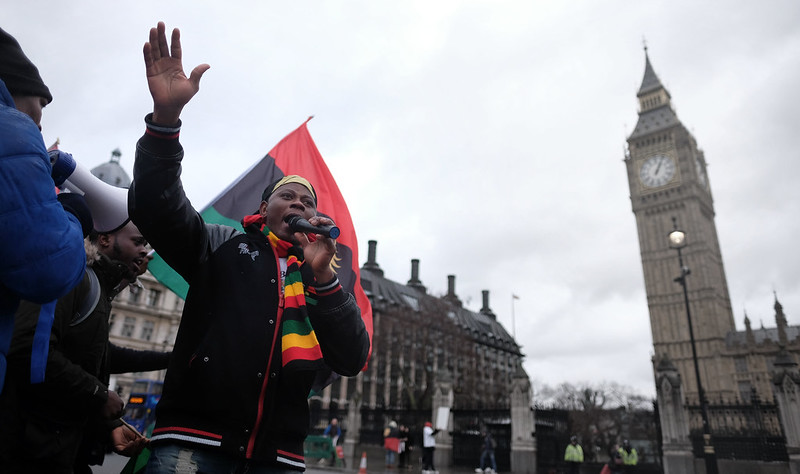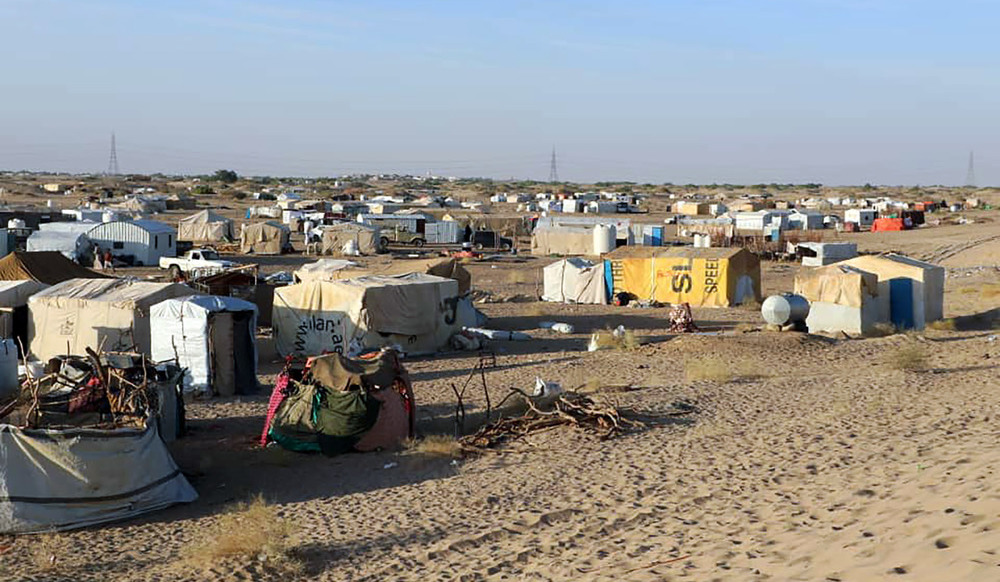
US military kicked out of Niger
Niger’s junta revoked a security agreement with the US military shortly after a large American delegation visited the country. Junta officials said they were angered by the “condescending attitude” of the US diplomats, who wanted to convince Niger not to deepen ties with Russia and Iran, and to transition the country to civilian rule. The US has some 1,000 troops in Niger and a drone base near Agadez. It has used the base to surveil jihadist fighters but has not accompanied Nigerien forces on operations targeting militants. The junta’s decision is part of a broader pushback against Western militarization in the Sahel. French troops were told to leave Niger last year, having previously been booted out of military-ruled Burkina Faso and Mali, which are also facing jihadist insurgencies. (Map: PCL)









